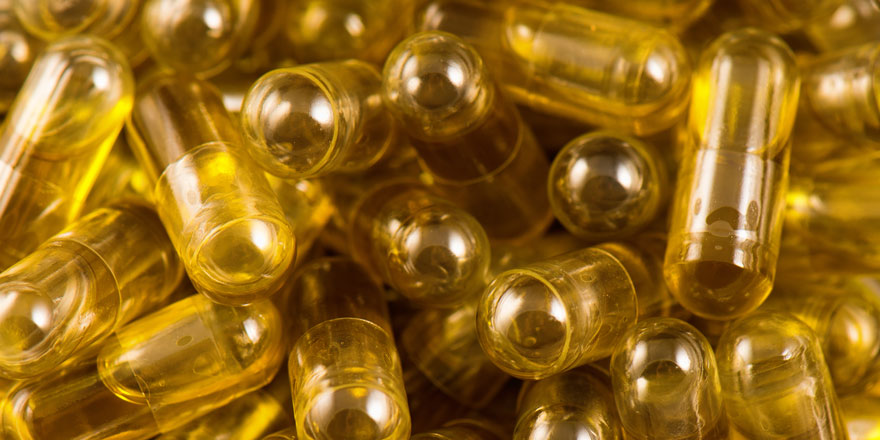
Athletes: 6 Things to Know About Cannabidiol
Athletes subject to anti-doping rules are strictly liable for any substance found in their blood or urine. Understand the risks of using CBD products.
U.S. Anti-Doping Agency (USADA)
Click here to log in to the
Athlete Connect application
Click here to view your
test history and results

Athletes subject to anti-doping rules are strictly liable for any substance found in their blood or urine. Understand the risks of using CBD products.
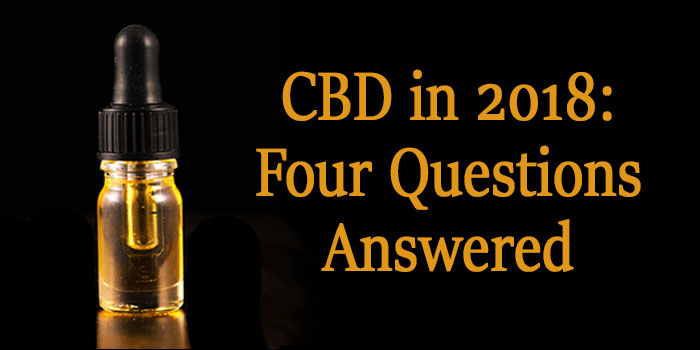
[…] historical reference. Elite athletes must be very careful about the substances they use, including substances marketed as supplements or herbal products. The prohibited status of cannabidiol ( CBD) is changing in 2018, but all other cannabinoids are still prohibited in-competition, including THC, which means there are still risks for athletes when it comes to […]
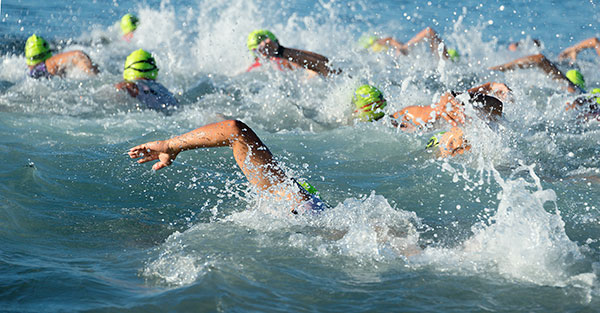
[…] test was caused by a topically-applied THC-infused salve that she was using to treat a musculoskeletal injury shortly before competition and was told was a cannabidiol ( CBD) product. Goss accepted a six-month period of ineligibility that began on June 9, 2019, the date her positive sample was collected. In addition, Goss has been […]
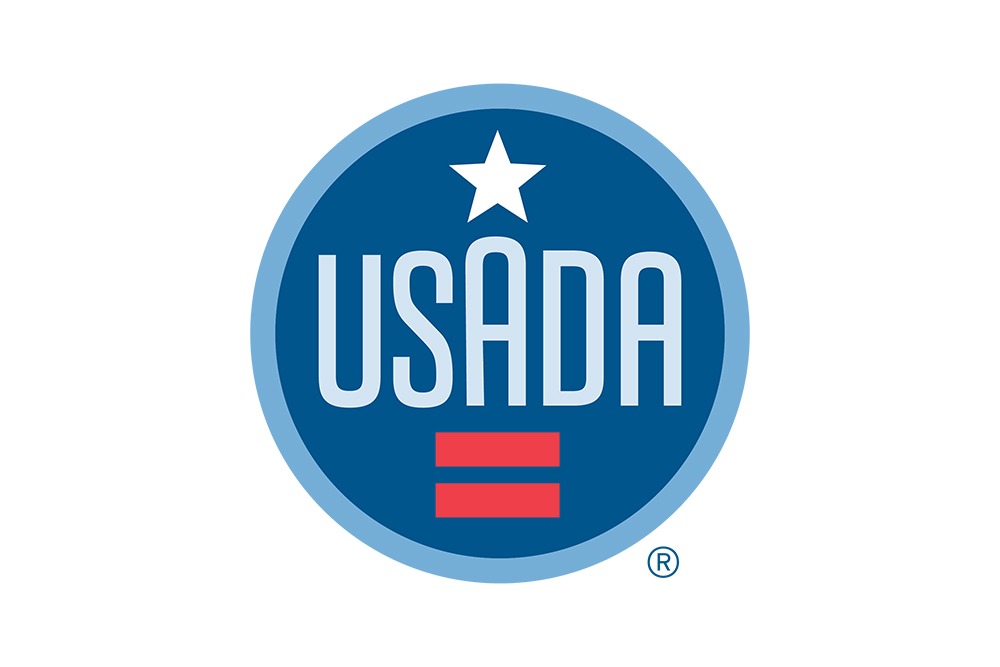
[…] is cannabis? Cannabis is a plant contains more than 100 biologically active chemical compounds called cannabinoids. The most commonly known compounds are delta-9-tetrahydrocannabinol (THC) and cannabidiol ( CBD). Parts of the Cannabis sativa plant have been controlled federally in the U.S. under the Controlled Substances Act (CSA) since 1970 under the drug class “Marihuana” […]

[…] on and subsequent to December 7, 2018, including forfeiture of any medals, points and prizes. Athletes are advised that all natural and synthetic cannabinoids, except cannabidiol ( CBD), are prohibited in-competition. Many products which claim to be pure CBD extract or oil from the cannabis plant have traces of THC or other cannabinoids. Thus, […]
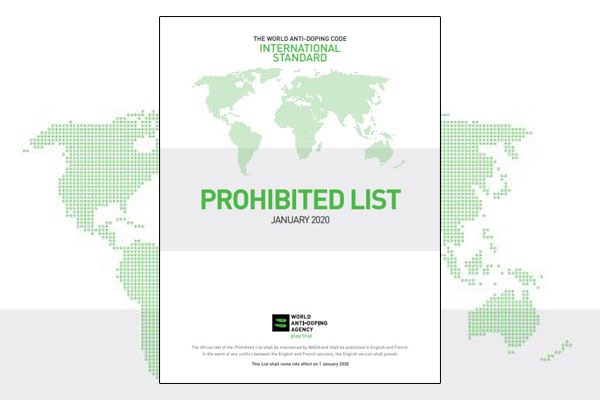
[…] synthetic cannabinoids are prohibited in-competition. Natural and synthetic THC are prohibited in-competition. All synthetic cannabinoids that mimic the effects of THC are prohibited in-competition. While cannabidiol ( CBD) is not prohibited, athletes should be extremely cautious because it’s nearly impossible to obtain a pure CBD extract or oil from the cannabis plant. Anyone who […]

[…] methods that athletes frequently ask about. Below are brief overviews of those substances and links to additional information. Marijuana/Cannabis: All natural and synthetic cannabinoids, except cannabidiol ( CBD), are prohibited in-competition. Keep in mind that it is very difficult to obtain a pure CBD extract or oil from the cannabis plant. Anyone who buys […]
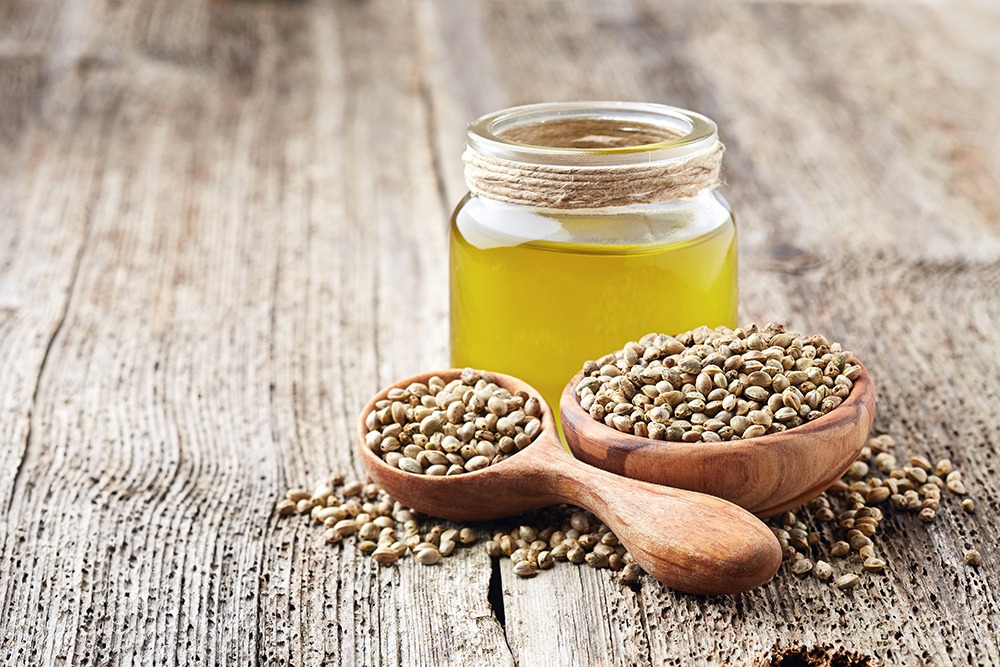
[…] hemp is from the same species as cannabis (marijuana), the seeds themselves do not naturally contain tetrahydrocannabinol (THC). Hemp seed-derived ingredients “contain only trace amounts of THC and CBD, which the seeds may pick up during harvesting and processing when they are in contact with other parts of the plant. Consumption of these hemp seed-derived […]
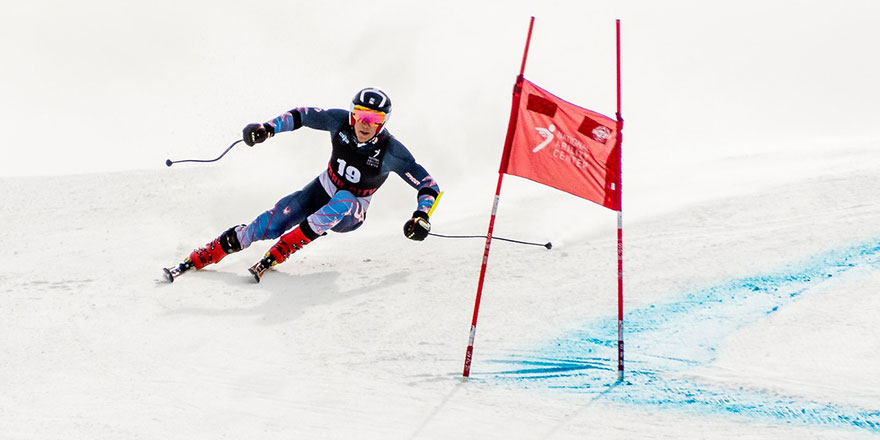
[…] athletes and we have to make those decisions. Question: Now that cannabidiol is permitted in sport, how well do you think most people understand the risk around CBD products? Tyler Carter: In my experience, I don’t think they fully understand the risks versus benefits. I don’t think enough people have done the research. And […]
To better understand how you use our websites and services and to offer you a personalized experience, this website uses first and third-party cookies and tracking technologies deployed by us and our third-party partners. You can opt-out of personalization, analytics and online tracking by clicking “Reject” or managing your cookie preferences through “Customize.” By using our website, you agree to our website Terms of Use (including the class action waiver and arbitration provisions) and Privacy Policy, which have recently changed.
This is an necessary category.